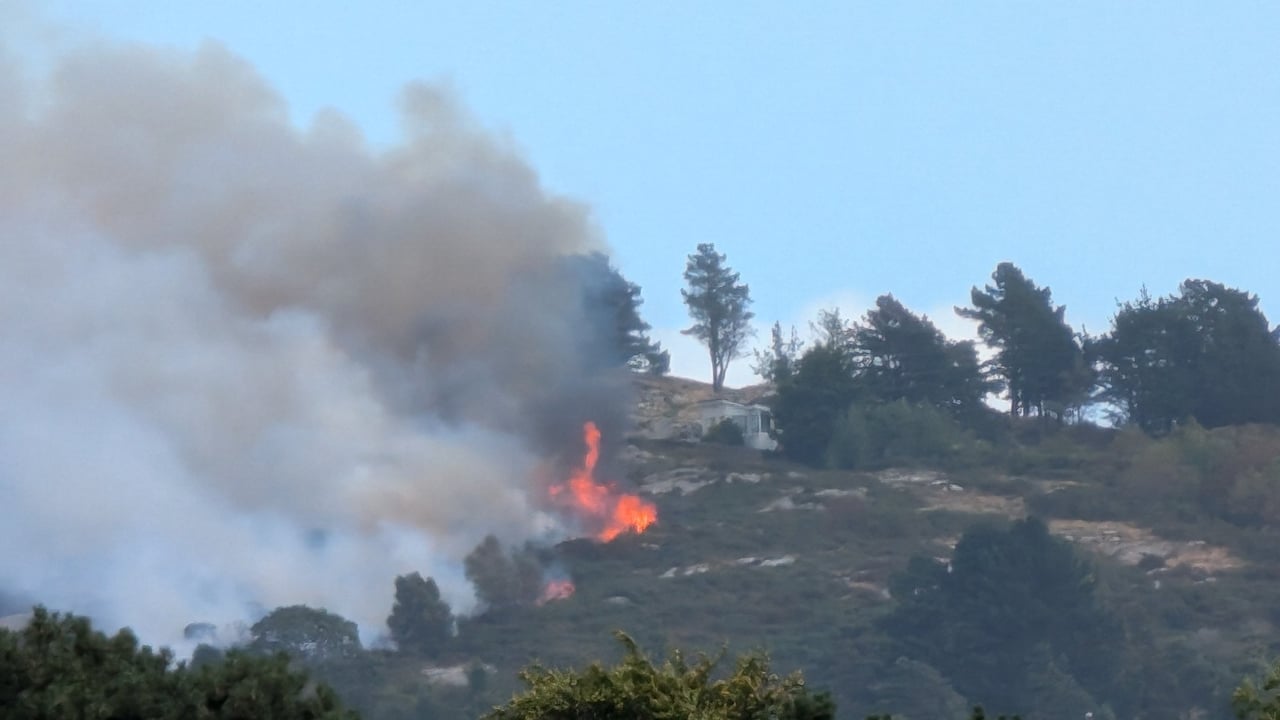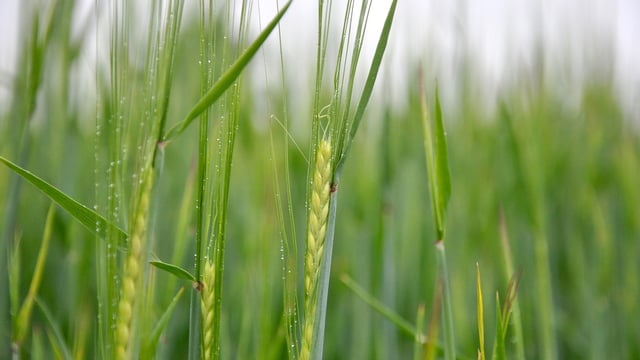Timber growers call on landowners and public to report all fires
The Irish Timber Growers Association (ITGA) has called for vigilance by landowners and the public to help prevent forest fires, by reporting any land fires immediately, even small ones, to the fire brigade and relevant authorities.
The association said that the speed of response is critical, and that it is best not to assume that someone else will make the call.
The ITGA also said that farmers have a central role to play in the control and prevention of fires.
Donal Whelan, technical director of the ITGA, said: "Forest fires represent a significant personal economic loss to woodland owners, with knock-on effects for their families and local communities.
"Forest fires also release significant amounts of smoke pollution and carbon into the atmosphere, with major implications for air quality and for those who suffer from respiratory illnesses, not to mention the catastrophic effects on wildlife, flora and natural habitats."
The ITGA has recommended that forest owners and managers check and update their fire control plans and fire prevention measures and contingencies, such as insurance, access, water points, and fire response plans with relevant emergency contact numbers and other details.
The association pointed out that, not only is it illegal to burn growing vegetation between March 1 and August 31, but it is also illegal to burn any vegetation at any time if it is located within one mile of a forest, unless prior notification of such burning is provided to the gardaí and the forest owner.
Whelan called for the public's assistance to help prevent forest fires and also to stop fires developing through vigilance at this time of year, and by calling out the fire brigade as soon as a fire is visible.
Whelan and the ITGA's warning comes after a gorse fire which occurred this week on Mullins Hill, Killiney, Dublin.
Three fire engines, a wildfire response jeep and water tanker were used to tackle the blaze, with strong wind causing smoke to travel across a wide area.
Two engines remained at the scene throughout Monday night (August 19) and into yesterday morning (Tuesday, August 20) , to continue dealing with flare ups and contain further spread.
The risk for gorse fires is greatest during dry spells from March to June, when ground vegetation is dormant and dry, according to the Department of Agriculture, Food and the Marine.
The risk grows with decreasing humidity and increasing wind speed, where a relatively small fire can become out of control.





